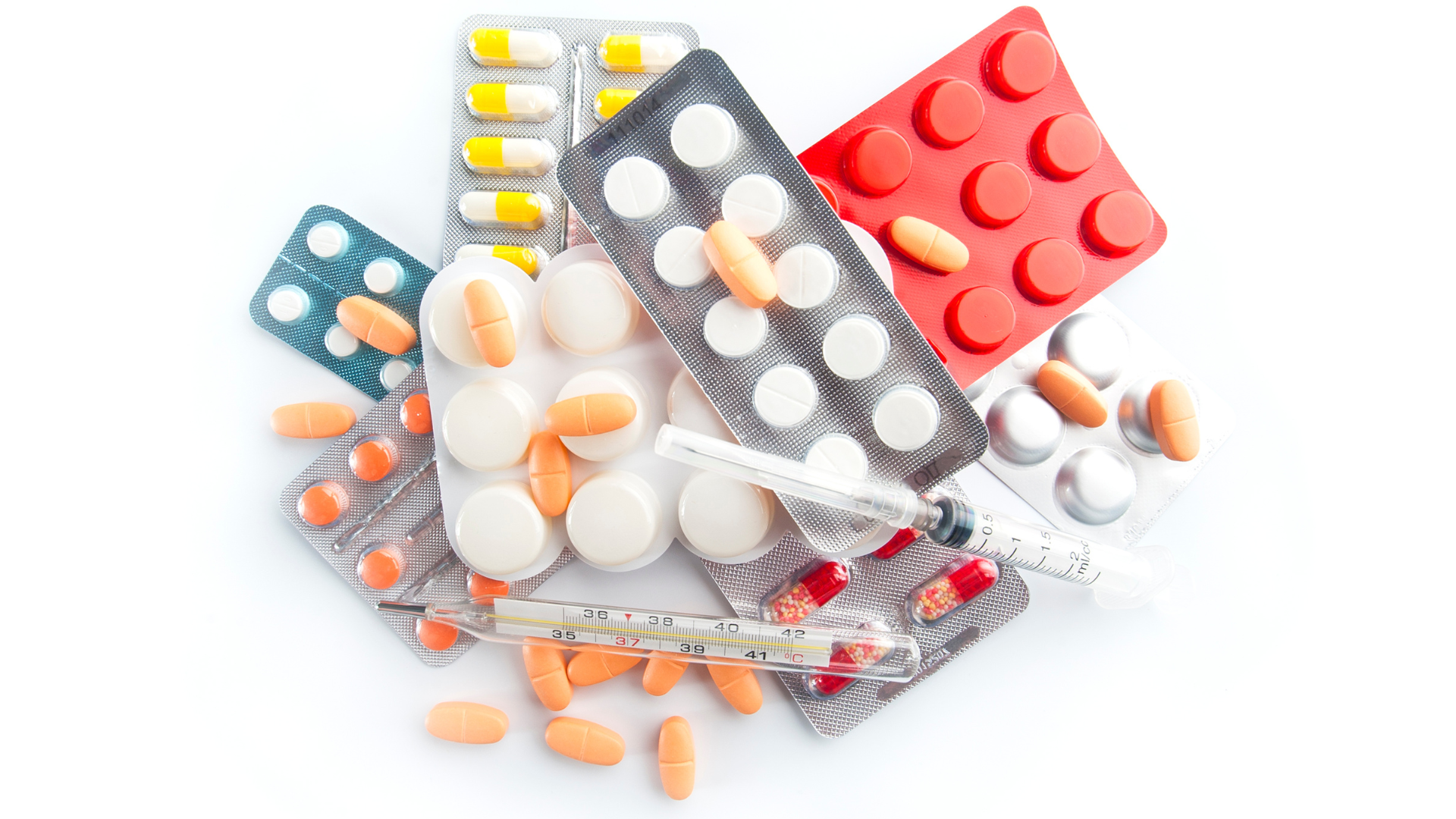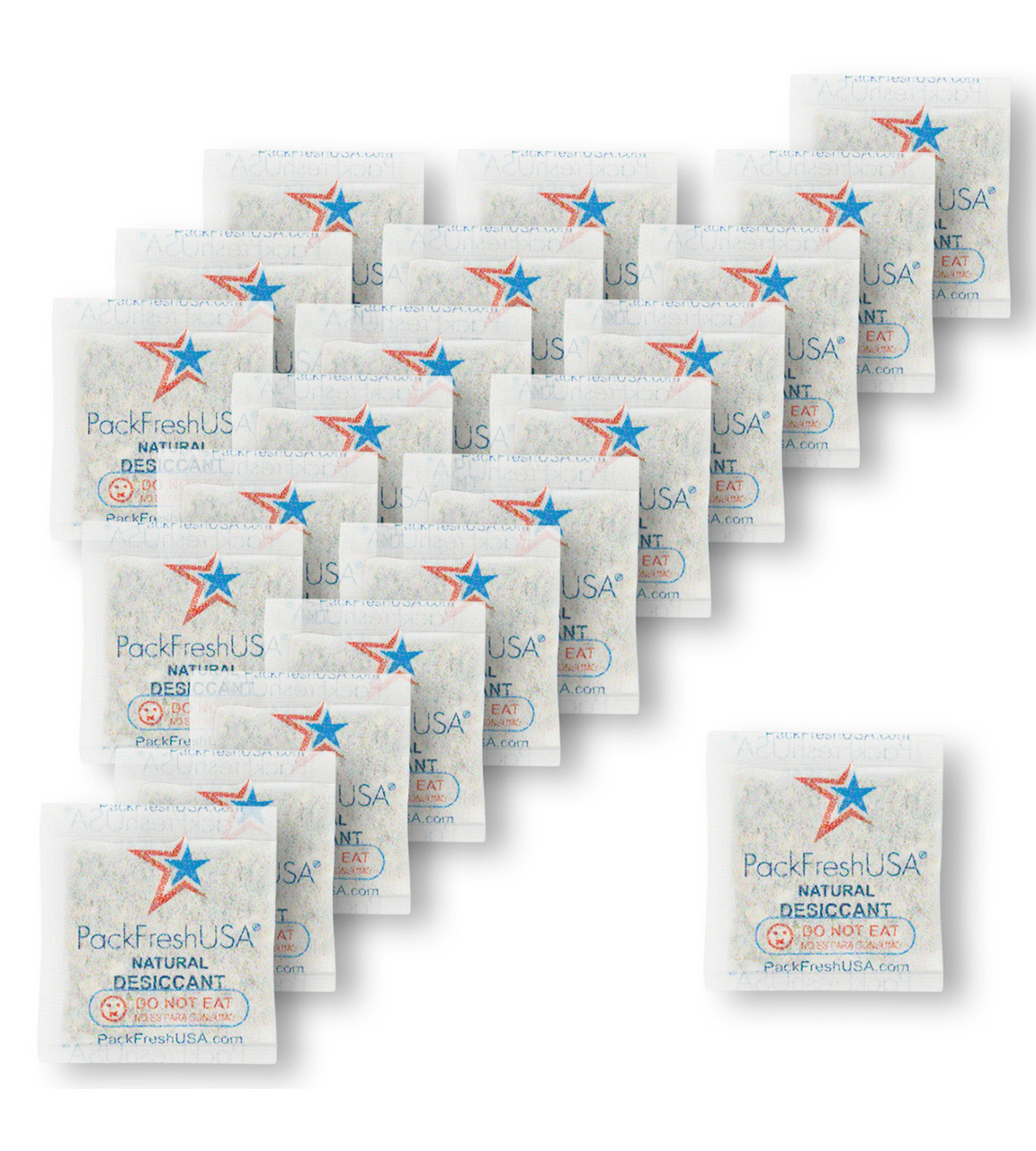Protect Your Prescriptions and Medications Long Term
Protect Your Prescriptions and Medications Long Term
Protecting your prescriptions and medications long-term is important to ensure their effectiveness, safety, and proper use. Here are some steps you can take to protect your prescriptions and medications:
Storage Environment
Store your medications in a cool, dry place. Avoid exposing them to direct sunlight, heat, moisture, or extreme temperature fluctuations, as these conditions can degrade the effectiveness of the medications.
Original Packaging
Keep medications in their original packaging, which often includes important information such as expiration dates, dosage instructions, and potential interactions. If you use a pill organizer, ensure it's clean and designed for medication storage.
Childproof Containers
Use childproof containers to store medications, especially if you have young children at home. Keep medications out of reach and sight of children.
Secure Location
Store medications in a secure and locked cabinet or drawer, particularly if you have teenagers or visitors who might access them unintentionally or for non-medical purposes.
Avoid Bathroom Storage
While it's common to store medications in the bathroom, the humidity and temperature changes in this environment can degrade medications quickly. Consider a more suitable storage location.
Expiration Dates
Regularly check the expiration dates on your medications. Dispose of any medications that are past their expiration date, as they might not be as effective or safe.
Proper Disposal
Dispose of medications properly. Many communities have medication take-back programs that allow you to return unused or expired medications to designated locations. If a take-back program is not available, follow specific guidelines for safe disposal, such as mixing medications with an undesirable substance (like coffee grounds or kitty litter) and sealing them in a bag before disposing of them in the trash.
Avoid Transferring Medications
Don't transfer medications from their original containers to other containers, as this can lead to confusion and potential mix-ups.
Record Keeping
Keep a record of your medications, dosages, and any changes to your prescriptions. This can help you and your healthcare provider track your medication regimen.
Communication with Healthcare Provider
If you experience changes in your health, medications, or treatment plan, consult your healthcare provider. They can guide you on any adjustments needed to your medications.
Travel Considerations
When traveling, keep medications in their original containers. Bring enough medication for your trip, plus a little extra in case of unexpected delays.
Avoid Sharing Medications
Never share your prescription medications with others, even if they have similar symptoms. Medications are prescribed based on individual health conditions and needs.
Keep Medications Dry
To prevent moisture from affecting your medications, you can consider using moisture-absorbing packets, such as desiccants in your storage area.
Remember that some medications have specific storage requirements, so it's a good idea to read the package insert or consult your healthcare provider or pharmacist for any medication-specific recommendations. By following these guidelines, you can help ensure the long-term effectiveness and safety of your prescriptions and medications.


